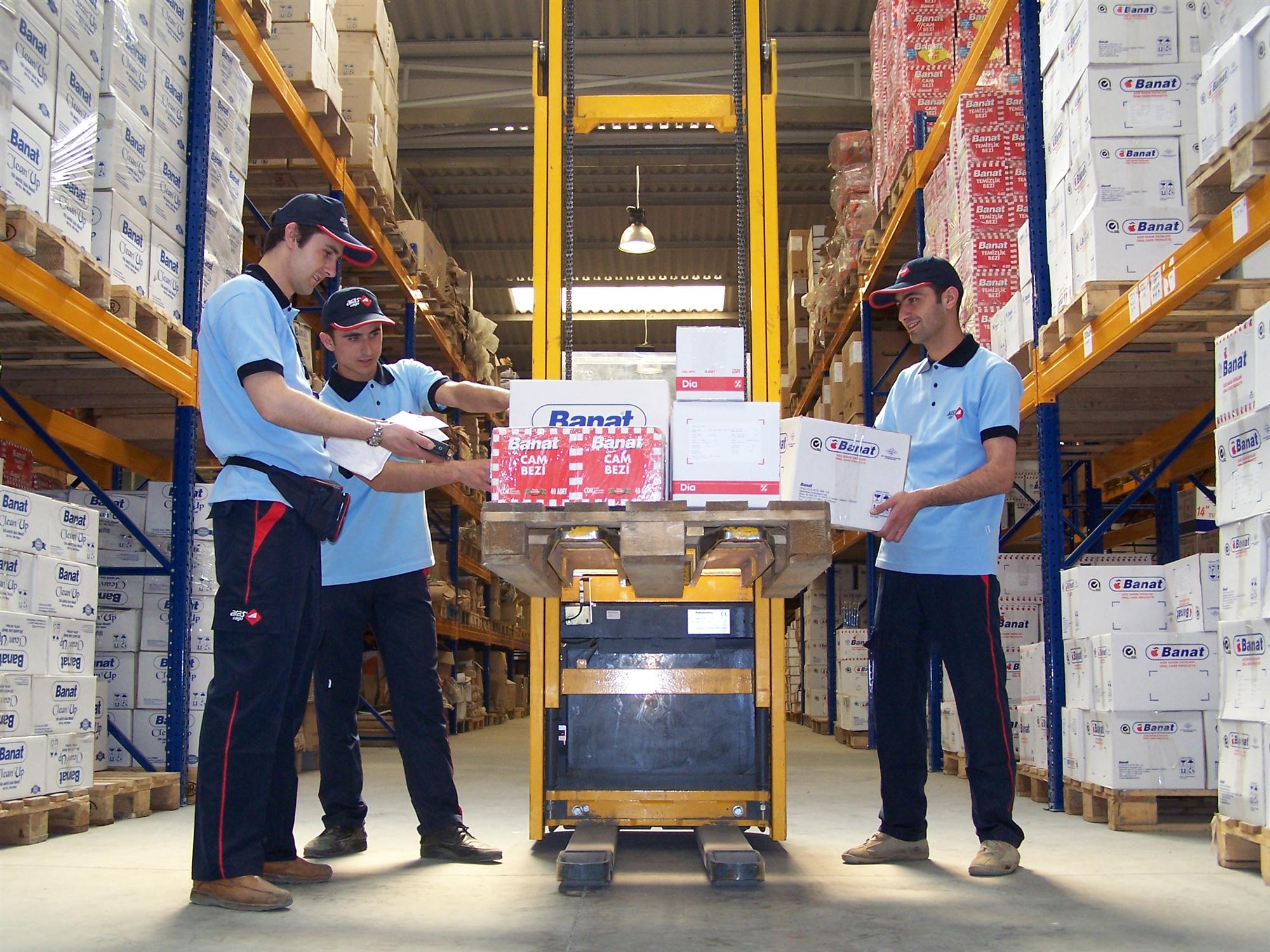Growth has raised questions about the logistics industry’s ability to cope with a further rise in traffic. A strengthening global economy that sparked frantic restocking efforts and a booming e-commerce sector has stretched capacity at carriers, gateways and warehouses. It has also exacerbated chronic labour shortages in some sectors and revealed a broader dearth of logistics professionals.
Most attention has been attracted by the worsening plight of the aviation and trucking sectors. Pilot shortages from China to North America threaten to hamper growth ambitions. In the US, the Regional Air Cargo Carrier Association warned this year that its members could barely cover the peak season and see no hope of expanding to meet rising demand. The American Trucking Association predicts that the truck driver shortage in the US will reach 175,000 unfilled positions by 2024.
Companies have also reported challenges recruiting warehouse staff. In addition to these clarion calls lately there have been warnings that the dilemma is not limited to operational jobs. Recent studies indicate a broader problem that affects the entire logistics sector and undermines players’ ability to compete.
A report published by DHL warns that there is a supply chain talent gap that is in danger of swelling into a crisis. It cites a study indicating that demand for supply chain professionals around the globe exceeds the number of available candidates by a ratio of six to one. By one estimate this could go up to nine to one. What makes this even more worrying is the fact that the boomer generation is headed for the exit, with an estimated 25-33% of the supply chain work force at or beyond retirement age at this point.

This casts an ominous shadow over the coming years. A report commissioned by the World Bank that was published in September warns that the industry is stretched to sustain its current growth momentum. Its authors diagnosed a skills shortage caused by a dearth of recruits and exacerbated by inadequate skill levels in the existing work force.
“Unfortunately, recruiting the right talent – especially at the critical mid-level and senior management levels – is proving very difficult in today’s environment. New technologies and fundamental areas of the supply chain have changed, meaning they now require that a person have a different and much larger skillset than required when most of the current workforce began their careers,” said Lisa Harrington, president of lharrington group, who authored the DHL report.
That study cites four reasons behind the staff shortage: an ageing work force, changing skills requirements, a lack of future development opportunities and a perception that supply chain work is thin on excitement. This tallies with earlier remarks of Flexport CEO Ryan Peterson that young talent wants to work in downtown locations, not at airports or in industrial areas.
Helmut Berchtold of logistics recruitment specialists adiConsult, said that the industry has made progress raising its profile as well as awareness of the opportunities it offers to young graduates. “Forwarding is more seen as a career today,” he said.
Brandon Fried, executive director of the US Airforwarders Association, agreed. New talent that has come into the industry has been generally better educated, with college degrees more common, he said.
Today logistics is more regarded as a career path, whereas in the past people stumbled into the industry, he added.
Experience is not really replaceable, but in markets like Germany a lot of people at senior management level today hold postgraduate degrees, noted Berchtold. The generation of talent that is now rising through the ranks blends experience with academic credentials, he added.
Fried stressed the importance of practical basics. “The younger generation usually don’t like to get their hands dirty, but loading a container is part of our business,” he said. “My attitude is: No matter what your job is, you start on the dock. This business starts with a lot of grunt work. Young talent need to understand that.”
Some requirements have changed, but the basic functions are still there, remarked Berchtold. Forwarders still need to cover the basic aspects of import, export, air and ocean forwarding, he added.
According to Fried, young entrants expect ongoing training. Having seen their parents’ generation being dismissed after decades of work for the same employer, they view a honed skill set as vital, and they think nothing of leaving a job, he said.
Together with attempts from competitors to poach qualified staff, this raises the bar for companies to retain their talent and pushes up remuneration.
Arguably the situation could be even worse. Industry consolidation has eliminated positions and put a number of mid-level and senior managers out into the market, observed Bob Imbriani, executive vice-president of forwarder Team Worldwide. “We see that trend continuing,” he added.
By Ian Putzger
Correspondent | Toronto



